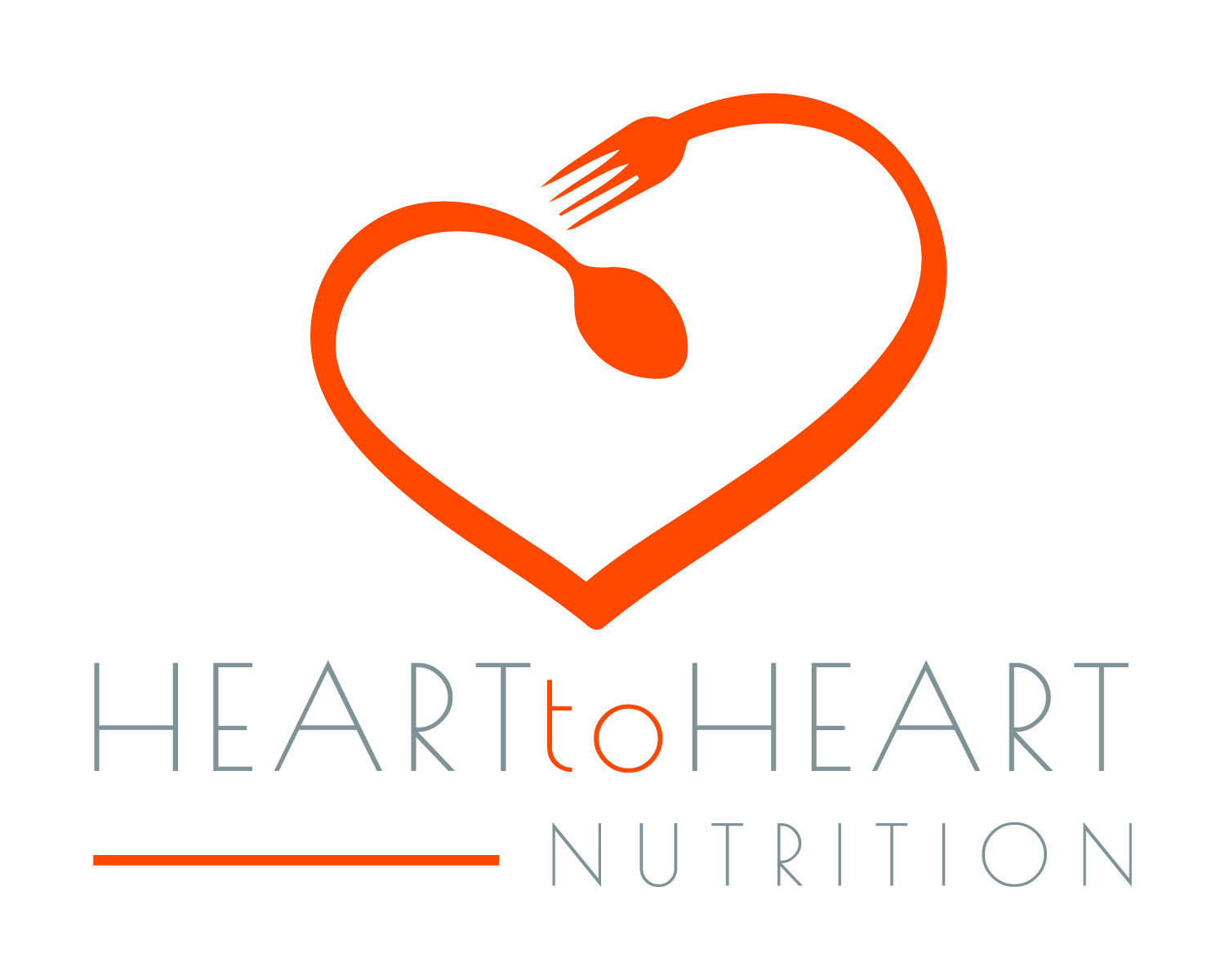Have you ever noticed how you want to eat more or perhaps you crave something after a bad night’s sleep?
Even if you’re a careful eater, it all goes out the window after a dreadful night’s sleep. You reach for those energy producing foods like simple carbs or something sweet. Like bread, donuts, muffins, croissants, pancakes, chocolate, cake, ice cream or frankly any simple carb!
I know how it can be when you just want to give yourself a zap of energy.
In the moment you might not be able to control the temptation so let’s consider putting a plan in place. Because for many it is going to take some time to make some changes around food that is going to help support sleep.
Now where to start.
Kind of hard for me to say because this is where individualism comes in. When I work with clients, I get to know what they’re doing well, what is missing from their diet and what could be contributing to their sleep disruptions.
So best to explain what is going on in the body generally speaking and provide some general guidance.
Hormones are at play here. Insulin being one of them.
But for today we are going to be looking at 2 other lesser known hormones.
One is ghrelin, the hormone that lets you know when you are hungry.
The other is leptin, the hormone that tells the brain that you are full, satiated.
Now when we cannot sleep both these hormones are affected.
Leptin gets reduced meaning you can have the tendency to overeat because your brain is not getting the signal that you have had sufficient food.
And ghrelin is elevated meaning your appetite increases and metabolism slows down.
This is why weight gain is so common for many who struggle with getting a good night’s sleep.
So it is not about willpower, it is faulty hormone signalling at work here.
And the reverse can happen, if we overeat or continue to select food that contains insufficient nutrients, this can also feed into continuing to worsen sleep issues.
One of the tips that helped me was that I would serve myself a properly portioned meal. I would eat it slowly, chewing my food, putting the fork down and taking 20 minutes to eat my meal. When I finished and the thought would come to me “hey, I want more – let’s have seconds”, I would remind myself that I had a sufficient amount and actually I was full and satiated. And guess what – it worked…..most of the time.
I felt that if my brain was not getting the leptin signal, then I would override it and send the signal, personally to my brain, that I was full. You might laugh but I believe it worked.
You see several years ago, as an experiment, I had my leptin levels tested and as suspected, they were elevated. So the test confirmed my suspicion and had what is referred to as leptin resistance.
And if you are always feeling like you’re hungry or never satisfied, consider what you’re eating. Healthy fats, fibre and protein satisfy your body and it takes time to digest it so you can feel full longer. Simple carbohydrates are quickly digested in the body. So if you are missing out on protein especially you could easily still be searching for more food.
As a rule of thumb, because everyone’s needs can be different, aim for around 20g of protein per meal. And if you have to have a snack, include protein with the snack as well.
What also really helps your ghrelin and leptin levels is to get a good night’s sleep. This is probably how they got out of balance in the first place. So I know for my readers that this is not and easy solution.
Please don’t be hard on yourself if your ghrelin and leptin hormones are messing with your eating. Recognize what is happening in your body so you can give your body the nutritional support it needs by making sure you are eating enough protein, fiber and fat, by avoiding simple sugary carbohydrates and taking your time to eat your meal. And as an extra measure, if so inclined, try sending the message yourself to your brain. Tell your brain that you are full and completely satisfied with the meal – that you don’t need any more food. It helped me.
